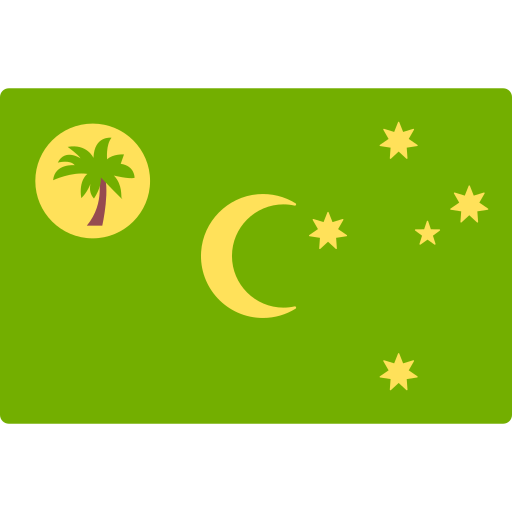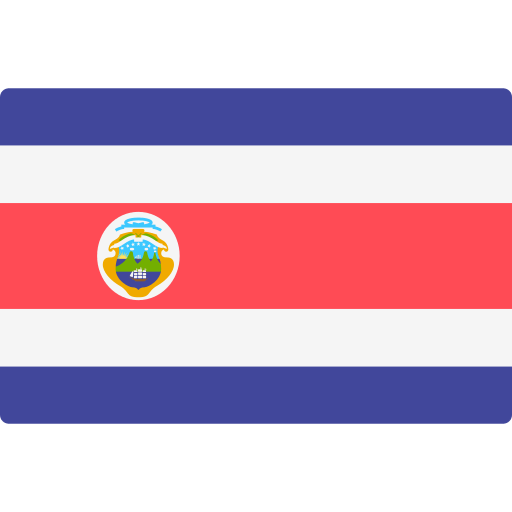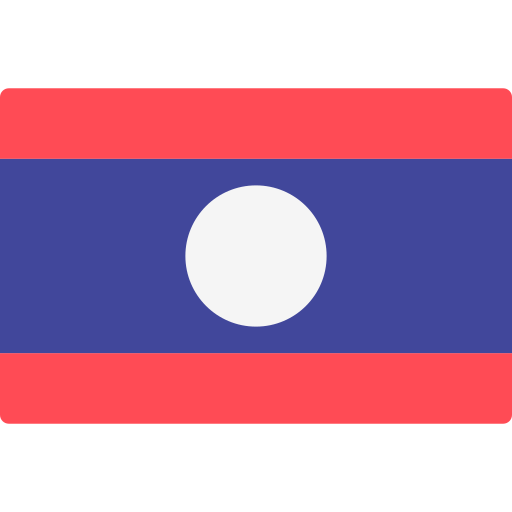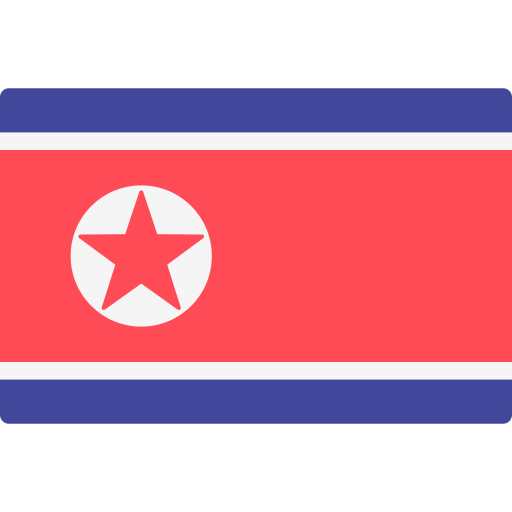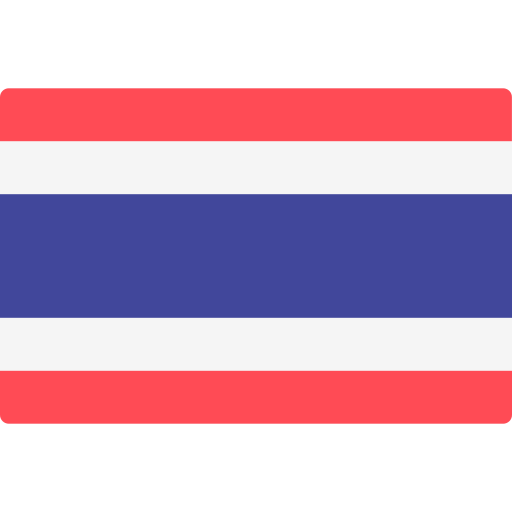The team behind Beep has just been to Japan to speak with Japanese game composers for their short documentary film ‘Beep: Big in Japan’, shown at Game Music Connect in London this month.
The documentary features composers such as Nobuo Uematsu (Final Fantasy), Yoko Shimomura (Street Fighter 2), Koichi Namiki (After Burner, OutRun, Super Hang-On), Hisayoshi Ogura (Darius, Ninja Warriors), Tenpei Sato (Marl Kingdom), Yoshino Aoki (Mega Man) and more.
You can watch footage from the documentary below. Additionally, in this special guest post, Beep’s Karen Collins tells the story behind the documentary – and the special Japanese game audio culture:
Watch footage from the Beep: Big in Japan documentary above
Beep is a documentary film, series of webisodes, book and interactive documentary project that began in 2014 and wrapped up filming this past summer. One of our goals in the documentary has been to show the diversity of talent in game audio, including people from UK, North America and Japan.
In May of 2015, we travelled to Japan for a seven-day shoot in Tokyo. I’d been to Japan a few times before, thankfully, because with a 12-hour time difference, we knew the week was going to be exhausting, and we’d left not a minute to spare to enjoy the sites! We were quick to set out on our first day to shoot some “b-roll”: images and audio from around Akihabara and Harajuku, the areas of Tokyo inhabited by Japan’s “otaku”, or geeks. Here you’ll find retro game stores, arcades, manga, classic retro geek toys, electronics equipment, maid cafes, and just about everything else a geek could desire.
We then had five days of interviews scheduled in and about around Tokyo area. While Japan has an excellent subway system, they also have a lot of stairs, and with several hundred pounds of equipment, travelling about was no easy feat. In five days, we managed to interview thirteen people, which is amazing when you consider travel time and set-up between interviews (my camera guy, Matt Charlton, likes to get the shot lit just right!). We tried to observe Japanese customs by bringing Beep Canadian gift bags for everyone (the customs agents had a heck of a laugh at my thirteen bottles of maple syrup packed among my gear).
I’d always kind of viewed Japan as the centre of game music: They had game music festivals and CD releases years before the rest of the world, and in my mind, some of the best integration of game music with games, in a pretty consistent manner (including some of my favourites like the Mario and Luigi series and the Legend of Zelda series). It was really a surprise, then, that I heard repeatedly the same complaints we’d heard from the rest of the world: it was difficult for audio to get the resources they needed—both financially and in terms of memory allocation; they were often brought on last minute onto a game project; and many composers had become freelance in recent years after years of stable in-house jobs. The Japanese artists seemed fascinated that they faced the same problems as everyone else in the industry, and would laugh when I would tell them some of the issues faced by North American composers in particular, and say, “it’s the same here!”
Despite the similarities, there were a few differences that we decided to focus on for our short documentary film, “Beep: Big in Japan,” which was put together for and screened at Game Music Connect in London in September, 2015. The first of these was the early adoption of game music “on record”.
Unlike what we had imagined, the audience for game music is still quite small, bolstered by a small group of nostalgic “maniacs” who purchased the CDs
We interviewed Shinji Hosoe, founder of Troubador and then Sweep records, about the label and the work he’s done getting game music to the masses. We were saddened to hear that, unlike what we had imagined, the audience for game music is still quite small, bolstered by a small group of nostalgic “maniacs” who purchased the CDs. Hosoe nevertheless felt a kind of obligation to keep releasing the music, to keep the spirit of early game music alive for fans. We also talked to composers about re-making some of their old music for CD, like Yoko Shimomura, who laughed and clearly was embarrassed by her earlier work—some of which tops fans favourite lists, like Street Fighter 2!
Hosoe-san was a great contact, and hooked us up with a friend of his who runs a game-themed bar called 16 Shots (2-3-8 Shinjuku 2-chome), which we visited one night and drank while we shot more b-roll inside, listened to game music, spoke to the proprietors in a mix of bad Japanese and English, and played a few retro games scattered in the bar. There had been an earthquake a few hours before, which meant that the main subway line was shut down, so there was nobody out at the bar that night except us, which meant we had a lot of leisurely time to take in the books, games and CDs on display, and spend a fortune! Hosoe also got us in touch with a friend who runs a retro arcade called Mikado Vintage Video Game Arcade and we spent a morning playing some of the original Japanese arcade games.
Hosoe and others we interviewed had also been involved in many live game music events. Koichi Namiki, ex-SST (Sega Sound Team) and now Blind Spot member filled us in on some of the history of live game music in Japan. House bands were teams of people who worked at various game companies—Namco, Taito, Sega, and so on—who formed bands to play covers of game music live. Without fail, nearly everyone we interviewed cited progressive rock bands, especially Yellow Magic Orchestra, as key influences on their performances and music. What we found important about the house bands was how they led to more respect for game music and sound within and outside the companies.
Without fail, nearly everyone we interviewed cited progressive rock bands, especially Yellow Magic Orchestra, as key influences on their performances and music.
Hisayoshi Ogura claimed that after the creation of Zuntata, the house team at Taito, the audio team got a new respect in the company. With legions of fans slapping their logos and stickers on everything, it was hard for companies to deny the importance of music in their games. House bands continue in the industry, and we watched a live performance by Kenji Ito and other members of GungHo perform songs from Puzzle & Dragons at a festival in Chiba on our last day: An entire festival with thousands of people attending, for just one game!

Interviewing Tenpei Sato
Another aspect of Japanese games that is different from most Western games is the use of the singing voice. There aren’t many vocal tracks composed for games in the West, and I was curious to speak to composers about this aspect of their music. Tetsuya Shibata told us that most Japanese composers sing, and compose vocal songs. The composers we spoke to, particularly Yoshino Aoki and Michiko Naruke, agreed that the vocal aspect was likely influenced by anime, and they felt the voice added something to characters, as well as gave the player an indication that something important was happening. Tenpei Sato, who has written extensively for voice composed one of the few Japanese game “musical” series, Marl Kingdom (including the Western-released Rhapsody: A Musical Adventure), said that the Western fans of the game were rabid, dressing up in cosplay and singing on Youtube videos, but that the Japanese fans didn’t do that. He was keen to bring his band, Miss Kiss to the West, if anyone is interested in promoting a visit.
Beep is currently raising funds on Kickstarter to finish post-production on the film and print a two-volume book set featuring all of the 100 or so interviews from the project. It’s a great opportunity to pre-order a copy of the film, or get an exclusive hard copy of the books. You can support the new campaign
What’s interesting about the singing voice is there is a limitation to the amount of notes that a voice can produce without taking another breath, and the reliance on short melodies in Japan could be related to this tendency. The fact that most Japanese composers also sang means that they have a particular sense of musical phrasing that I think needs further exploration.
There is a limitation to the amount of notes that a voice can produce without taking another breath, and the reliance on short melodies in Japan could be related to this tendency
Most Western composers we talked to write music on piano/keyboard, and although they play other instruments, none claimed to be a singer. I wonder if that different understanding of phrasing influences their composition.
Some composers were interested in talking about their philosophical and aesthetic approaches to game music. Some, like Nobuo Uematsu (interviewed prior to the trip, in Toronto) and Hisayoshi Ogura, felt that game music was trying too much to sound like Hollywood film music, and was losing its identity in taking that approach. Others, like Hiroki Kikuta, felt that game music was defined by the loop, and that it was important to make very memorable melodies that players associated with the game.
There were other interesting aspects of our trip that we couldn’t fit into our short doc special.
Popular on A Sound Effect right now - article continues below:
-
33 %OFF
-
44 %OFF
We talked to Nobuyoshi Sano about his development of FM synthesis iPad app based on an old arcade soundchip, the YM2151. Sano also developed the Korg app for the Nintendo DS, and we had a great conversation about using games as musical instruments. We talked with Yuji “Technouchi” Takenouchi about the MSX, a console which I don’t think ever made it over to Canada. He had some fans bring an MSX around, and we played Metal Gear Solid (with Takenouchi’s music) and Baseball. Takenouchi certainly wins the prize for most unusual interview of our trip: His apartment was decked out wall to wall, floor to ceiling with trinkets like model cars and rubber bats, and he wore a blinking headset and sat on a trunk while holding a giant sword during the interview!
I think I speak for the whole crew when I say we wished we had more time in Japan. There were so many composers and sound designers that top our list of favourites that we just didn’t have the time or the ability to get to. Some of the composers we spoke to said that the only real interest they had in their work was from those outside of Japan, and they would love to see more Japanese get involved in undertaking game music documentaries or research. Certainly, I think we’d all love to hear more about the fascinating game music being made in Japan!
All photos are (c) 2015 Matthew Charlton for Beep
You can still support the Beep Project on Kickstarter – follow for the latest on the project.
Please share this:
-
75 %OFF
-
58 %OFF
-
33 %OFF
-
44 %OFF
















































